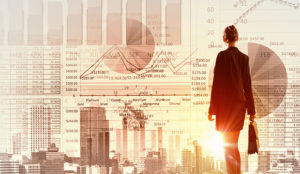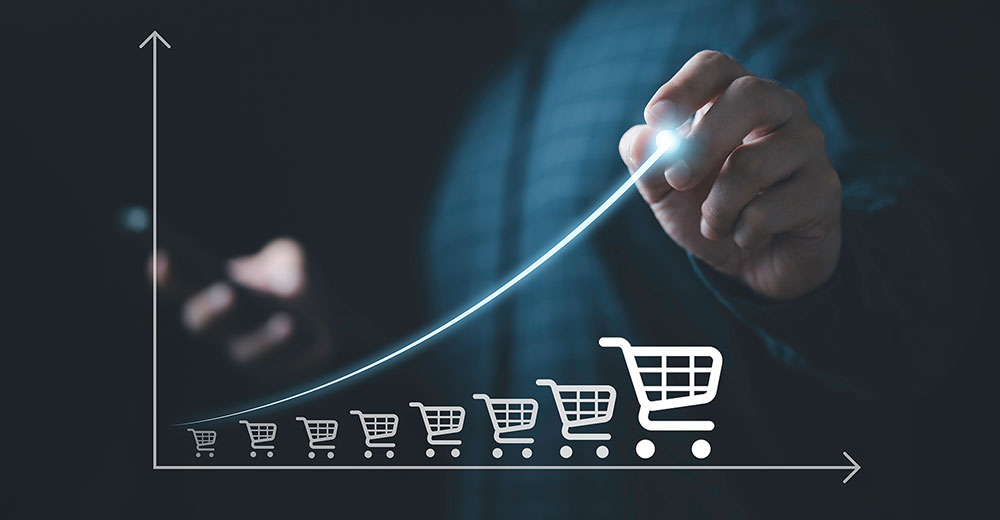Apple shares were trading at around US$95 as of mid-day Thursday in the wake of the company’s disappointing Q2 earnings report. That was even lower than Wednesday’s opening price, which was down more than $8 from Tuesday’s $104.35 at market close.
The company’s second-quarter performance was dismal. The iPhone recorded its first drop in sales — to 51.2 million units, down from 61.2 million in the year-ago quarter — and sales of other products also were down.
Overall sales fell 13 percent to $50.6 billion, and profits were down 22 percent year over year, to $10.5 billion, or $1.90 per diluted share.
The market reportedly had expected $52 billion in sales and a profit of $2 per share.
Rough Seas Ahead
Apple forecast Q3 sales of between $41 billion and $43 billion, compared with Wall Street’s reported estimates of $47.3 billion.
Apple will reduce its inventory worldwide by $2 billion in the quarter quarter because of global macroeconomic conditions.
“The market reaction is definitely a reflection on the adjusted growth rate of Apple going forward,” noted Howard Yu, professor of strategic management and innovation atIMD.
“External observers have finally come to realize that Apple, as successful as it has been, is not invincible,” he told the E-Commerce Times. “Unless the company manages to break new ground into new product categories, the sort of disruptive growth [it’s seen] in the past has come to an end.”
Long-Term Concerns
Goldman Sachs’ Simona Jankowski and Oppenheimer’s Andrew Uerkwitz reportedly downgraded Apple. BTIG Research’s Walter Piecyk reportedly cut his forecasts for iPad and Apple Watch sales, and Piper Jaffray’s Gene Munster lowered estimates on the Apple Watch and the Mac.
Drexel Hamilton’s Brian White cut his price target on Apple stock from $200 to $185, while Credit Suisse’s Kulbinder Garcha set a $150 price target, and Mizuho’s Abhey Lamba set a price target of $120.
Still, Jankowski, Garcha and Lamba saw a light at the end of the tunnel. Pent-up demand for the forthcoming iPhone 7, Apple’s services business, and the company’s success at attracting switchover customers were among the reasons.
The doom and gloom “may be well be a bit of overreaction by the stock market,” Yu said, “but again, it’s a reckoning that the smartphone is getting to be very much commoditized. It’s an expression of the long-term worry about Apple.”
On the other hand, “most companies would be happy to have these results,” Andreas Scherer, managing partner at Salto Partners, pointed out. “I think Apple’s so successful that everybody expects them to walk on water.”
Under Pressure
Apple also announced stock buybacks, capital returns and dividends.
The board authorized an increase of $50 billion to its capital return program, to $250 billion. That includes authorization of $175 billion worth of shares, up from $140 billion authorized last year. Further, the board increased the quarterly dividend by 10 percent and declared a dividend of 57 cents per share.
“Stock buybacks and dividend payments are things companies do when they run out of ideas because there’s shareholder pressure,” Scherer told the E-Commerce Times. “These are typically moves by maturing companies to prop up their stock.”
A maturing iPhone market, increased competition in the PC market, questions about Apple’s ability to further penetrate the Chinese market, and general concerns about the macroeconomic climate are surfacing, he said.
Companies need time to regroup and launch a new product or implement a new strategy in the face of market changes, and the number of changes and the pace at which they are appearing means CEO Tim Cook’s work is cut out for him, according to Yu.
“The speed of the industry is brutal,” he said. “Breakthrough technologies change the rules of the game overnight, and competitors learn very rapidly. It’s in this environment that Cook’s running out of time.”























































Social Media
See all Social Media